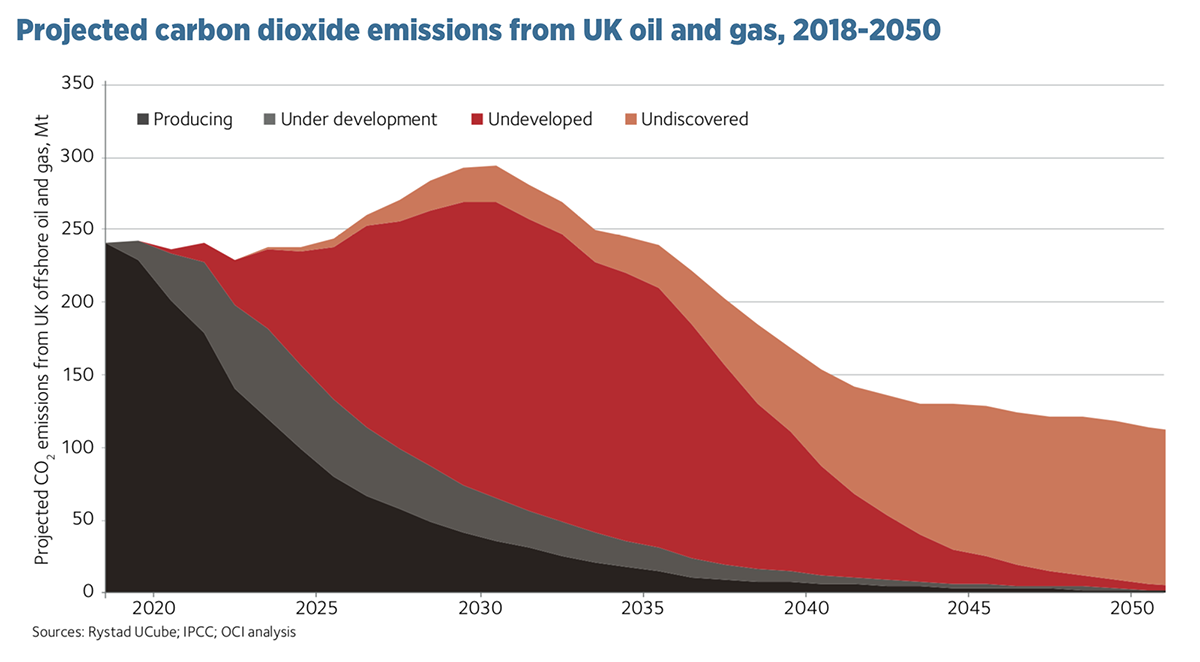A new report shows why the climate crisis means plans to ramp up extraction from UK waters need to be shelved - and replaced with policies for a just transition away from oil and gas.
When Greta Thunberg spoke in the UK parliament last month, she
called the UK’s climate policies “beyond absurd”. One of the examples she gave is the UK government’s
plan to increase oil and gas extraction from the North Sea. Very strong words, but she’s absolutely
right.
A seminal new report out today, called Sea Change, provides
extensive research showing why.
It finds that while the UK and
Scottish Governments both have pioneering laws to limit greenhouse gas
emissions, these are seriously undermined. Both governments’ policy on oil and
gas is to enable the greatest possible volume to be extracted from UK
territory. The report shows that this policy
is incompatible with both the UK and Scottish Governments’ climate commitments.
Both the Westminster and Holyrood parliaments deserve credit for policies to phase out coal-fired power stations, which have resulted in significant emissions reductions. Their approach to oil and gas, however, is in direct contrast.
The vast majority of oil and gas reserves in the UK are offshore, mainly in the North Sea off Scotland. The report highlights that the 5.7 billion barrels of oil and gas in already-operating fields will exceed what the UK should extract to stay within its fair share of achieving the Paris climate goals.
Yet, the oil and gas industry and UK Government aim to extract a total of 20 billion barrels over the next few decades.
This would quadruple the emissions from UK oil and gas. These additional emissions would exceed the reductions from coal. It would be like pouring petrol over a burning building.

Carbon emissions from oil and gas will quadruple under UK plans to extract 20 billion more barrels. Credit: “ Sea Change: Climate Emergency, Jobs and Managing the Phase-out of UK Oil and Gas Extraction”
Another eye-watering finding is that billions of pounds in recent subsidies provided for oil and gas extraction by the UK Government will add twice as much carbon to the atmosphere as the phase-out of coal power saves. Which means the UK Government is enabling this to happen not just in the name of UK citizens, but with their money too.
That’s the bad news. Fortunately, the report has clear and solution-focused findings.
The biggest reason people often give in support of plans to increase oil and gas extraction in the UK are the jobs and communities the industry supports, predominately in Scotland. This is a vital issue, and one the report explores in great depth.
It finds that a well-managed energy transformation based on principles of fairness (encapsulated by the concept known as a Just Transition) can meet UK climate commitments while safeguarding the communities affected by a transition. If the right policies are adopted, and those that stand to be affected are involved in shaping them, this can done while protecting people’s livelihoods and financial well-being.
What’s more, these policies would lead to many more jobs being created by the clean energy industries than the oil and gas jobs that will be affected.
So how can this all be done? The report outlines a range of recommendations for the UK and Scottish governments. Some key ones include:
- The UK Government should stop issuing new licences and permits for oil and gas projects now, and revoke licences for undeveloped ones
- It should rapidly phase-out all subsidies for oil and gas extraction, including tax breaks, and redirect these to fund a Just Transition
- Both governments should enable the rapid building of the clean energy industry through tax and other policy support to at least the extent they have provided to the oil industry, including inward investment in affected regions and communities.
The UK and Scottish governments should sit up and take notice. They’ve declared a climate emergency. What is abundantly clear is that this now requires them to start planning for a fossil free future.
For all the key findings and recommendations see the full report, Sea Change: climate emergency, jobs and managing the phase-out of UK oil and gas extraction, produced by Oil Change International, Friends of the Earth Scotland and Platform.